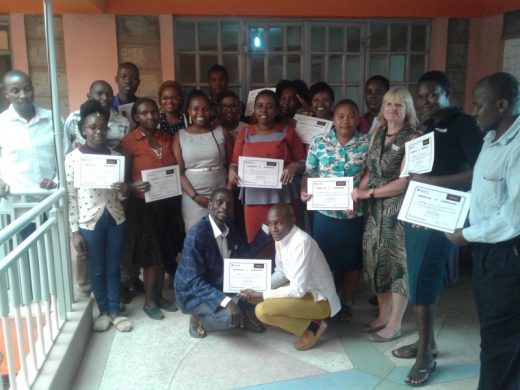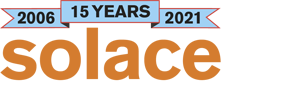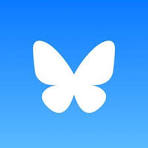
Solace Goes Global
Clinical Director Anne Burghgraef heads to Kenya
Since Solace first opened its doors in Leeds to offer psychotherapy to refugees and asylum seekers in June 2006. We have embraced people seeking safety from diverse parts of the globe. The reality of global conflict and the persecution of the powerful and poor alike, from Asia, Africa and the Middle East entered our consulting rooms. We heard the stories and shared in the pain of separation from family, home and community. We shared the frequent frustration of an asylum system that could be unpredictable and even brutal. Memories of violence and trauma were uncovered often with fear and trembling; as we all tried to keep the life giving oxygen flowing through our bodies.
We reached out to develop our therapeutic knowledge and understanding so that these encounters could more effectively bring hope and healing. As we worked within the enclave of Solace, we knew that for every person seeking asylum in the UK, there were thousands more who sought safety in neighbouring countries. Living in refugee camps or on the margins, they were largely ignored until the ‘refugee crisis’ in 2015, but are once again largely hidden from public view. Curious to learn what enables refugees to flourish in places closer to their homes, and how they could possibly be supported from a distance, I travelled to Kenya to find out.
Hand of Hope
With the expert guidance of Kefah Maranga, the founding Director of the Centre for Training and Development (CfTD), I became involved with their recently established Hand of Hope program for refugees in Kitengela, a rapidly growing city south of Nairobi. CfTD, which operates throughout the region, functions much like a UK further education college offering vocationally oriented courses. With Kenya’s high rate of unemployment, these courses are popular as skill development and qualifications are the keys to the future for many.
Ever since Kefah worked at Dedaab, Africa’s largest refugee camp near the border with Somalia, he has retained passion and commitment in supporting the mental health needs of refugees. Kitengela hosts a population of 8000 refugees. Kefah decided together with his friends Dedan and Jackson, with whom he worked at Save The Children UK, and the Centre for Victims of Torture (CVT) in Nairobi, to develop a program to support and empower refugees. Without any financial support and working voluntarily, they set up free English language classes at CfTD and offered 10 session trauma focused therapy groups. Based upon the CVT model, the groups involved psychoeducation about the effects of trauma, building resilience, processing trauma and integration.
Group work
During my time, I was able to participate in a young people’s group, a women’s group and a pastor’s group with most participants from Eastern Congo (DRC) and Burundi. The language of choice was Swahili with English mixed in and helpful translations by Kefah and Didan for my benefit. Although I was only able to share in three sessions of each of the groups, I was able to witness the growing ease and confidence amongst the participants. Based on outcome measures collected during the assessments prior to the groups and at follow up, Jackson’s data analysis has demonstrated positive and long lasting benefits for their members.
As part of my work at CfTD, I delivered some training sessions to psychology students and practicing counselors. I was struck by the warmth and mutual support they gave one another. Although the classrooms were sparse, comprised largely of plastic garden chairs and a blackboard, the certificates were very impressive. Multi-coloured, gold embossed certificates were bestowed to each student individually by the director along with handshakes, cheering, clapping and much photography.
Mzungu
For three weeks, I stayed in a village with Kefah and his family, where I learned to milk a goat and pluck a chicken. While wandering alone in Kitengela, I soon learned that I was mzungu which is Swahili for white person. Aside from the stunning wildlife national parks, where I encountered western tourists, I didn’t meet any other mzungus during this time. To me, Mzungu felt like an affectionate name as it was usually said with warmth and curiosity, never with any hostility.
Coming Home
I returned to the UK, with an enthusiasm to see how we could adapt the CVT group therapy program for Solace clients. The largest challenge being how to accommodate our diverse language groups. Following discussions with Kefah, Didan and Jackson, I also returned with a commitment to developing ways of supporting the work of the Hand of Hope from the UK. While Covid 19 is like a log stuck in a river, forcing the water to go around it, this work will find ways to carry on, thereby continuing to increase the impact of Solace beyond our borders.

